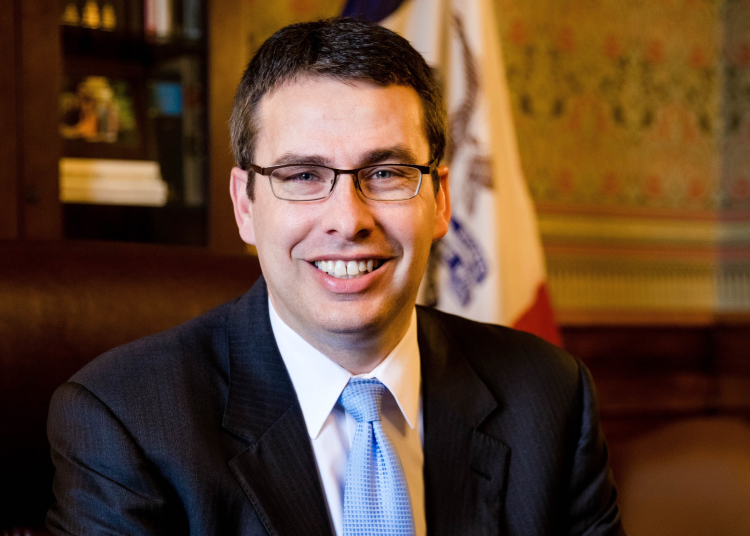The generous philanthropy of Chris and Suzy DeWolf, the owners of Lil’ Drug Store Products, Inc., is once again making an important difference for the Corridor.
The DeWolfs recently announced a $2-million lead gift to the Mercy Medical Center Foundation to create the Chris and Suzy DeWolf Family Innovation Center for Aging & Dementia. The center in northeast Cedar Rapids will be part of HallMar Village, an advanced, integrated senior living community that is being developed by Mercy in partnership with Presbyterian Homes & Services.
The DeWolfs said they were compelled to support the Innovation Center because of its potential to transform the lives of individuals living with dementia. The Innovation Center will be a hub of research, training and education, where best practices in aging and dementia are discovered, tested and evaluated to help those living with chronic conditions, including dementia, live their lives with purpose.
The DeWolfs previously donated $1.5 million to the University of Iowa Stanley Museum of Art to create a new home for Jackson Pollock’s world-famous painting Mural.
Quiet yet highly successful, Lil’ Drug is a supplier of health and beauty care products and consultant to convenience stores. A new $13 million, 100,000-square-foot headquarters opened in 2018, inconspicuous from I-380 near the Wright Brothers Boulevard exit.
We extend our deep gratitude to the DeWolfs for their generosity in helping make the new Innovation Center possible.
Confidence coming back
Consumer spending is a huge part of the Gross Domestic Product (GDP). The recent jump in consumer confidence is greatly welcomed and a good signal for our recovery from the COVID-19 recession.
U.S. consumer confidence saw its largest gain in 17 years in September, jumping 15.5 points to an index reading of 101.8 – well above the 89.5 reading economists expected, according to Reuters. A Conference Board report issued last week shows consumers are largely ignoring signs of a slowing economic recovery and election uncertainty, as well as ebbing federal resources.
New stimulus still needed
The economic recovery since the bottom fell out of the economy in February has been attributed to the aggressive and bi-partisan stimulus legislation passed in the spring.
A new round of stimulus legislation would help the economy continue to improve with a lot of uncertainty still ahead.
The U.S. unemployment rate increased drastically from 3.8% in February to 13% in May before coming back down to the current level of 8.4% in August.
This was due to Congress passing several bills totaling an unprecedented $3 trillion in stimulus in the spring, including the much-discussed Paycheck Protection Plan (PPP).
Even though consumer confidence is improving, another stimulus bill would be helpful to keep the recovery moving forward, as the pandemic has no end in sight and economic hardship could increase if the approaching cold weather seasons worsens the spread. We would err toward more stimulus and urge the Congress to come together to make it happen.




